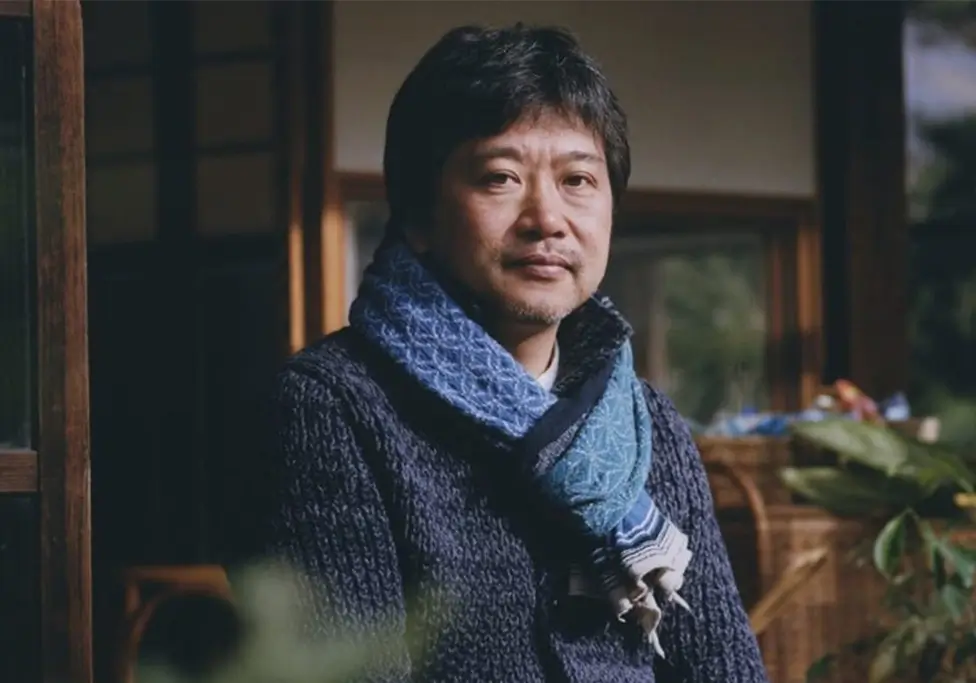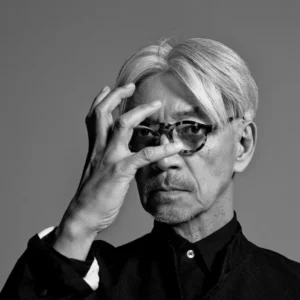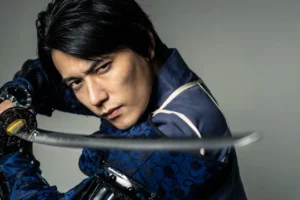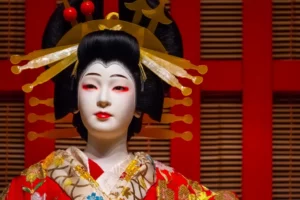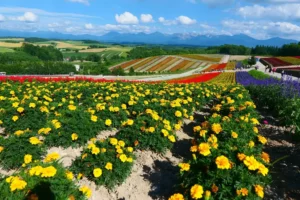When people talk about a Japanese movie that captured the heart, Hirokazu Kore-eda’s name always appears. Known for his calm and careful storytelling, Kore-eda has become one of Japan’s most respected film directors.
He grew up in Tokyo, and his work often explores families, children, and the small moments of everyday life. Kore-eda’s movies do not rely on significant action or dramatic twists. Instead, he invites viewers to pay attention to quiet details and to think about what family means.
Let’s learn more about Hirokazu Kore-eda and look at three of his most important films: Nobody Knows, Like Father Like Son, and Shoplifters. Each film explores families in different situations, but all share Kore-eda’s careful, gentle style.
Table of Contents
ToggleWho is Hirokazu Kore-eda?
Hirokazu Kore-eda (sometimes spelled as “Koreeda” was born in Tokyo in 1962. Growing up, he enjoyed reading and watching movies with his family, especially his mother. She loved sharing films from many countries, which helped Kore-eda see how stories connect people everywhere.
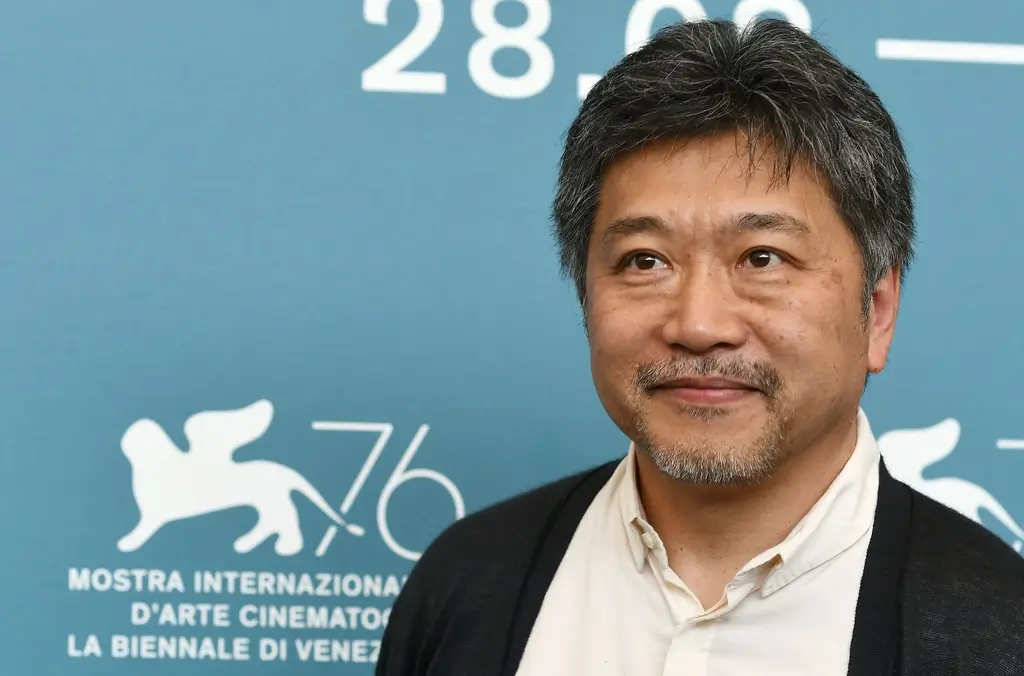
Kore-eda studied literature at school. After graduating from university, he started his career as a television documentary maker. Making documentaries helped him learn how to listen and pay attention to real life. This experience gave his later movies a feeling of honesty and naturalness that people admire.
In 1995, Kore-eda became a film director with his first movie, Maborosi. Since then, he has made many films about families, memory, and change. Kore-eda is also known for letting his actors, including children, act naturally. He often films them eating, playing, talking, and even being quiet, not just reading lines or doing big movie scenes. This makes his movies feel more like real life.
Nobody Knows
Nobody Knows is one of Kore-eda’s most powerful films, released in 2004 and based on a true story. It follows four children—Akira, Kyoko, Shigeru, and Yuki—left alone in an apartment after their mother disappears. The oldest, Akira, tries to care for his siblings as they quietly live day-to-day without anyone noticing. The film moves at a gentle pace, focusing on the small joys and struggles of their lives rather than dramatic events, drawing viewers into their world through silent, simple moments that reveal both their strength and loneliness.
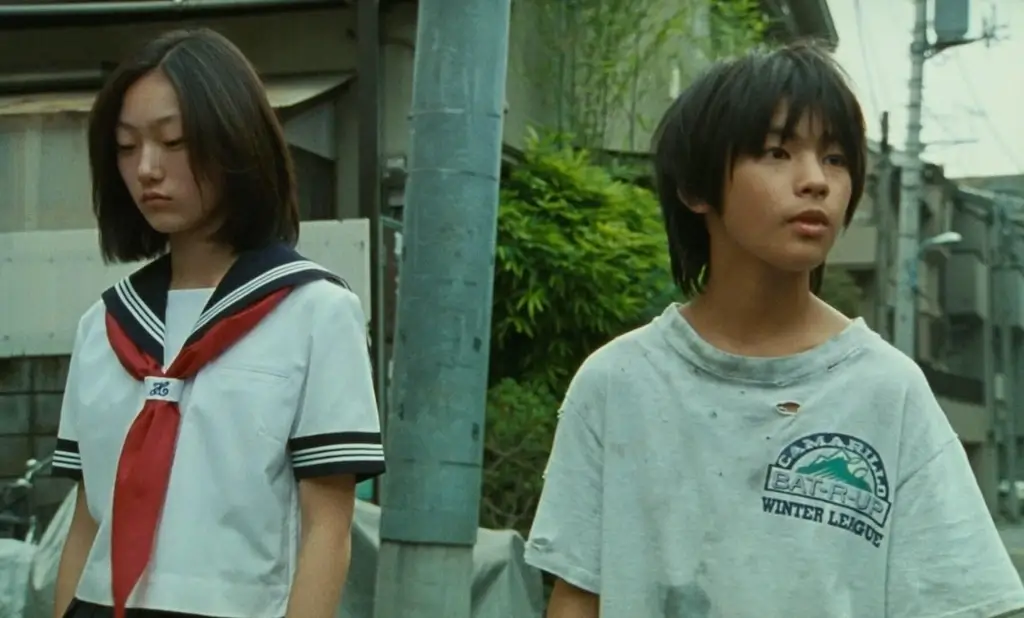
The film’s honesty is enhanced by the young actors’ natural performances, developed through long filming that helped them bond like real siblings. Yagira Yuya, who plays Akira, became the youngest actor to win Best Actor at Cannes. Kore-eda presents this sad story with care and respect, inviting viewers to reflect on children and family from a fresh, compassionate perspective.
Like Father Like Son
Like Father Like Son (2013) is an essential Japanese movie about family. The story begins when two families discover that their sons were accidentally switched at birth. Each family has raised a boy for six years, unaware that their biological child lives with another family. When the hospital reveals the mistake, the parents face shock and uncertainty. They must decide whether the boys should return to their birth parents or if the families should stay as they are.
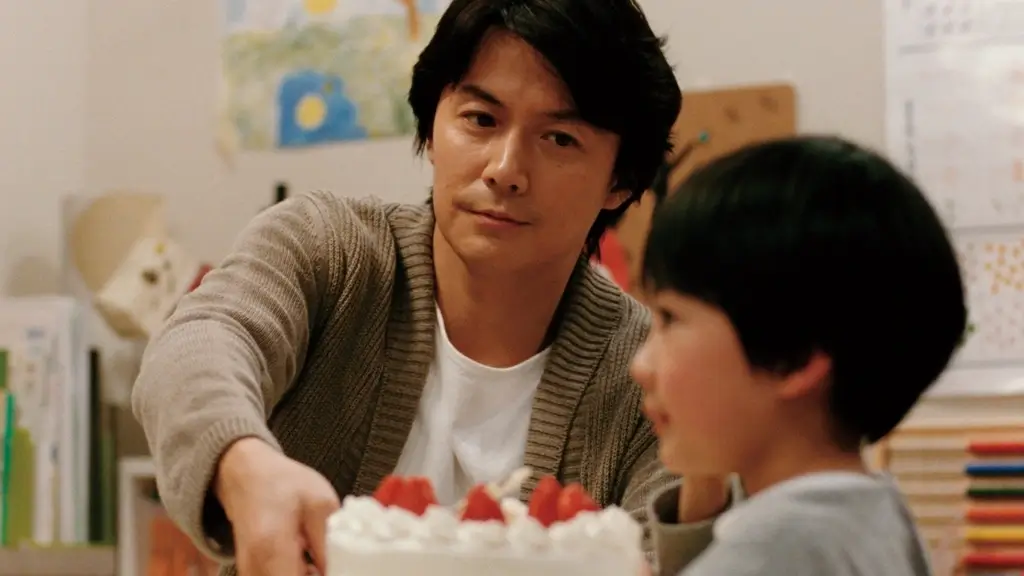
Kore-eda gently explores this difficult situation through simple, heartfelt scenes. The main character, Ryota, who values hard work and blood ties, questions his beliefs as he gets to know his son’s other family. The film shows how people’s feelings and thoughts change over time, often subtly. Natural performances by the children make their emotions clear. Both adults and kids grapple with what truly makes a family: love, shared time, or biology. Like Father Like Son was a hit in Japan and won the Jury Prize at Cannes, with Kore-eda inviting viewers to reflect on family and belonging without giving definite answers.
Are you looking for great snacks to enjoy while watching a Japanese movie? Check out Sakuraco! Sakuraco delivers traditional Japanese snacks, teas, and sweets from local Japanese makers directly to your door so you can enjoy the latest treats directly from Japan!
Shoplifters
In 2018, Kore-eda’s movie Shoplifters won the top prize at the Cannes Film Festival, gaining worldwide attention. The film tells the story of a strange but loving family living together in a small Tokyo house. Though not related by blood, they care deeply for each other and share what little they have. They work different jobs to survive and sometimes steal small items from stores. One night, the father and son find a little girl outside in the cold and take her in as part of the family.
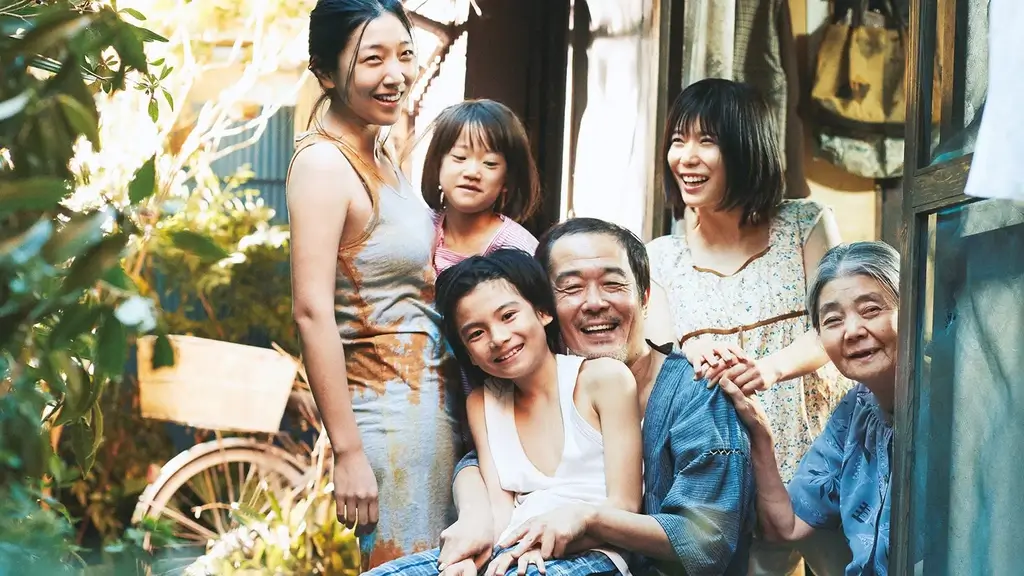
Rather than focusing on crime or conflict, the movie follows everyday moments like grocery shopping, eating together, going to the beach, and sharing secrets. Kore-eda’s patient camera captures the small acts of connection and kindness. As secrets about each member emerge, the family faces scrutiny from society, police, and neighbors. The film gently shows both the sadness and joy in their lives, inviting viewers to consider what truly makes a family without judging them as good or bad.
Kore-eda’s style and influence within the art of the Japanese movie
Hirokazu Kore-eda is often compared to other famous Japanese directors, like Ozu Yasujiro, who also made films about family and daily life. But Kore-eda has his own special way of telling stories. He uses soft light, quiet sound, and long, gentle takes. Meals are detailed, and children are given time to act naturally. The result is movies that feel real and deeply human.
Kore-eda does not hurry his stories. He enjoys showing small moments—like cooking rice, walking home, or sharing a laugh—that help build honest, touching characters. He also pays close attention to society’s forgotten people: children left behind, parents who feel lost, and families formed in unusual ways.
Why should I watch a Japanese movie by Kore-eda?
The answer is simple: Kore-eda’s quiet stories help us see the beauty in small moments and remind us to ask what family truly means. Have you seen any of Kore-eda’s films, or do you have a favorite Japanese movie about family? Share your thoughts with us in the comments below—we would love to hear your story!
Cited Sources
- Bunbuku. “Film director and TV director: Hirokazu Koreeda“.
- MUBI. “Hirokazu Koreeda“.
- IMDb. “Hirokazu Koreeda“.


